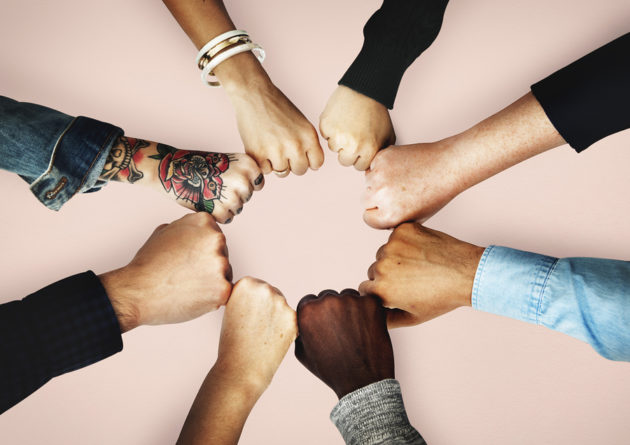
I joined Microsoft 30 years ago, worked there 11 years, was CMO for two successful companies and one that wasn’t, and then quit tech to focus on reproductive health. I did that for many years, and had some impact as an advocate and elected official (and was named a Woman of Courage by the University of Washington in 2016 for my efforts). But now I’m returning to tech.
Why?
Because at heart, I’m a geek and I miss it. Through high school, my math scores were always higher than my language scores and despite the fact that I got no encouragement to go into a technical field, I somehow wandered in a side door, built a career in tech, and I miss it.
I also think we need more senior women like myself in tech. The numbers tell the story. During my early years in tech, women held 35 percent of computing jobs; by 2013, women held only 26 percent. We’re missing senior level women, we’re missing women mentors, and we’re missing young women who see a future for themselves in tech.
The situation’s bad and getting worse and it didn’t need to be this way.
Back in the late 80s and early 90s, when I was working at Microsoft at a pretty junior level, I built friendships with a group of soon-to-be high-powered women who were capable of doing insane, wonderful things in tech. (I also worked with a lot of terrific men, but that’s a different column.). As we took on more senior roles, our friendships flourished, but we often kept those friendships under the radar.
Now that we’re in our 50s, none of my closest circle of ten women friends from that era are still in tech. OK, one is, kind of. In fact, she sits on the board of one of Seattle’s most important tech companies. That’s pretty powerful. But her day job is spent running a nonprofit. Another sits on the board of Berkshire Hathaway (apparently, Warren thinks she’s very smart), but again, not really a tech role.
Meanwhile, many of the men I know from that era are engaged in venture capital, starting new businesses, mentoring startups, and generally staying engaged in tech.
A recent Pew survey suggests why that happens:
Basically, women in tech have it tough. It’s hard to be tough and assertive in a mixed crowd without triggering the “bitch” reaction. We’re also super sensitive about mixing friendship and business.
If you want to be taken seriously in a male-dominated field (as I was, and as many of my female colleagues were), it can be hard to let down your guard and relax into your strengths, especially if those strengths are perceived as feminine. A strength I’ve come to recognize in many of the women I’ve come to know and admire is how to be a good and dear friend while also adhering to high standards of ethics and excellence in the workplace.
[pulquote]I believe women are too often reluctant to promote the women they’ve met in business because when we become friends with women we like and admire, we then feel compromised about mixing that friendship with business.[/pullquote]
I don’t think women need to act like men to be successful. But I do think women need to act more like men to help other women be more successful. What I am painfully aware of is that men are better at connecting in business and promoting qualified friends. They don’t suffer the same qualms about mixing friendship and business.
When you’re building companies, it’s super helpful to draw on the talents of people you both like and respect. And often, that means drawing on the talents of friends.
I believe women are too often reluctant to promote the women they’ve met in business because when we become friends with women we like and admire, we then feel compromised about mixing that friendship with business. Too often, women won’t put forth another woman friend for an opportunity unless she’s the most qualified person on the planet. Meanwhile, the men aren’t worried about that and they promote opportunities regularly to their friends as if it’s the most natural thing in the world.
Recommending people throughout your network is the lifeblood of an effective venture capitalist.

In my return to tech, I’m committed to assertively mixing friendship and business, and to helping friends I’ve met in business – women and men – who are great at what they do, be part of what it is I’m doing.
If I got to know you at work, and I found you to be smart, innovative, reliable, and just generally a kickass person to be around, I don’t want to hold it against you professionally that we became friends. We all need to embrace the fact that many of the same qualities that make for a great friendship also make for great business relationships.
And to my men friends from several decades of a life in tech, thanks for setting an example of how you treat your friends.
Some of my best work experiences have come about because you had no qualms about recommending me despite that fact that somewhere along the road we became good friends.



